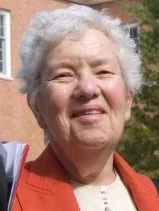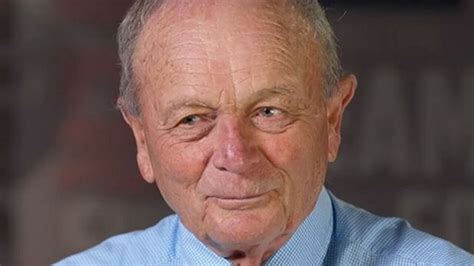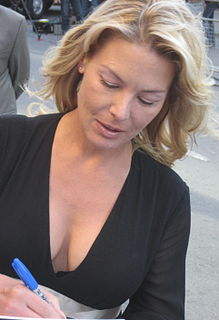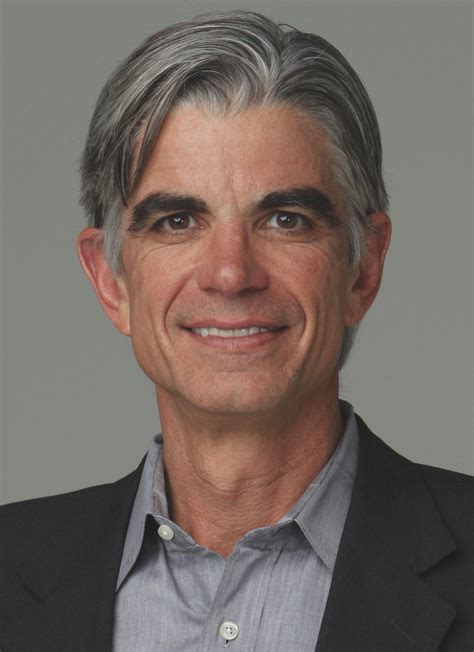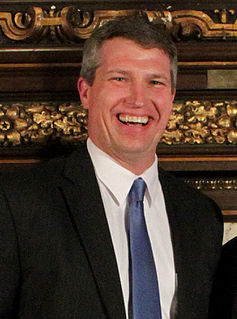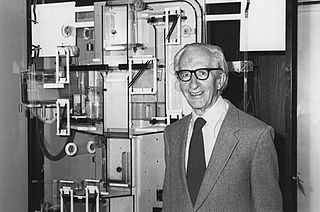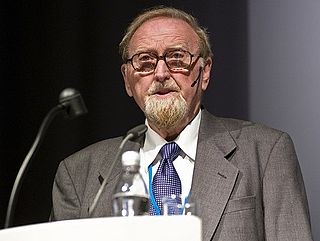Top 1200 Studying Economics Quotes & Sayings
Explore popular Studying Economics quotes.
Last updated on November 15, 2024.
My mother and my father taught me to look at the actual problem, not the face of it, not the veneer of it. So for me, I was never - I was impressed that it - racially, I was impressed, right, but now in America it's about economics, and it's been about economics, and honestly, everything's been about economics since I don't want to say the beginning of time, but it's been about economics for a long while.
I went to university for a couple of years and I didn't enjoy university. The studying and the accountancy, economics, I just hated that stuff. Now the irony is here I am lawyer, accountant, I do it all day every day and sit at a desk. So I've never ended up where I wanted to be in many ways. I always wanted to be a farmer.
For the high achievers, studying gave them the pleasing, absorbing challenge of flow 40 percent of the hours they spent at it. But for low achievers, studying produced flow only 16 percent of the time; more often that not, it yielded anxiety, with the demands outreaching their abilities...The low achievers found pleasure and flow in socializing, not in studying.
Anyway that's a large part of what economics is - people arbitrarily, or as a matter of taste, assigning numerical values to non-numerical things. And then pretending that they haven't just made the numbers up, which they have. Economics is like astrology in that sense, except that economics serves to justify the current power structure, and so it has a lot of fervent believers among the powerful
At nineteen I was pretty sure I was going to be a professional soccer player. At that time I played for one of the Norwegian premier leagues. But I tore ligaments in both knees, so I started studying business administration and economics and became a financial analyst, and I worked at a brokerage firm as a stockbroker.
I started in the law; and the study of law, when it precedes the study of economics, gives you a set of foundation principles about how human beings interact. Economics is very useful, and I studied economics in graduate school. But without understanding the social and organizational context of economics, it becomes a theory without any groundwork.
I am practical by nature, and I'd heard that being a writer or an artist is a good way to starve! So I was an economics major at Oklahoma State, and then received an M.S. from Cornell in Agricultural Resource and Managerial Economics. I knew if I wanted to write I would do it on my own, but I knew I wouldn't make myself study economics on my own.
All of my experience of studying religion, studying spirituality, studying natural healing, traditional medicine, has kind of enriched my vision of the world. Not only seeing reality as this moment, but as a culmination of all of the history behind us, and all of the fruit that hopefully we will be able to grow from the seeds that we are trying to plant, of goodness and peace and beauty and equality.
When people are running up more and more debt for housing, they call that "real wealth." It exposes what's wrong in the mainstream economics and why most of the economics that justifies austerity programs and economic shrinkage is in the textbooks is not scientific. Junk economics denies the role of debt and denies the fact that the economic system we have now is dysfunctional.
I think historically modern economics, capitalist economics, tends to erode moral categories... And this is where I think the right gets capitalism wrong. They kind of assume that there is a moral equivalence or moral valence to capitalism, but I tend to think that economics erodes all the kind of cultural taboos and inhibitions and values it comes into contact with.
How should the best parts of psychology and economics interrelate in an enlightened economist's mind?... I think that these behavioral economics...or economists are probably the ones that are bending them in the correct direction. I don't think it's going to be that hard to bend economics a little to accommodate what's right in psychology.
